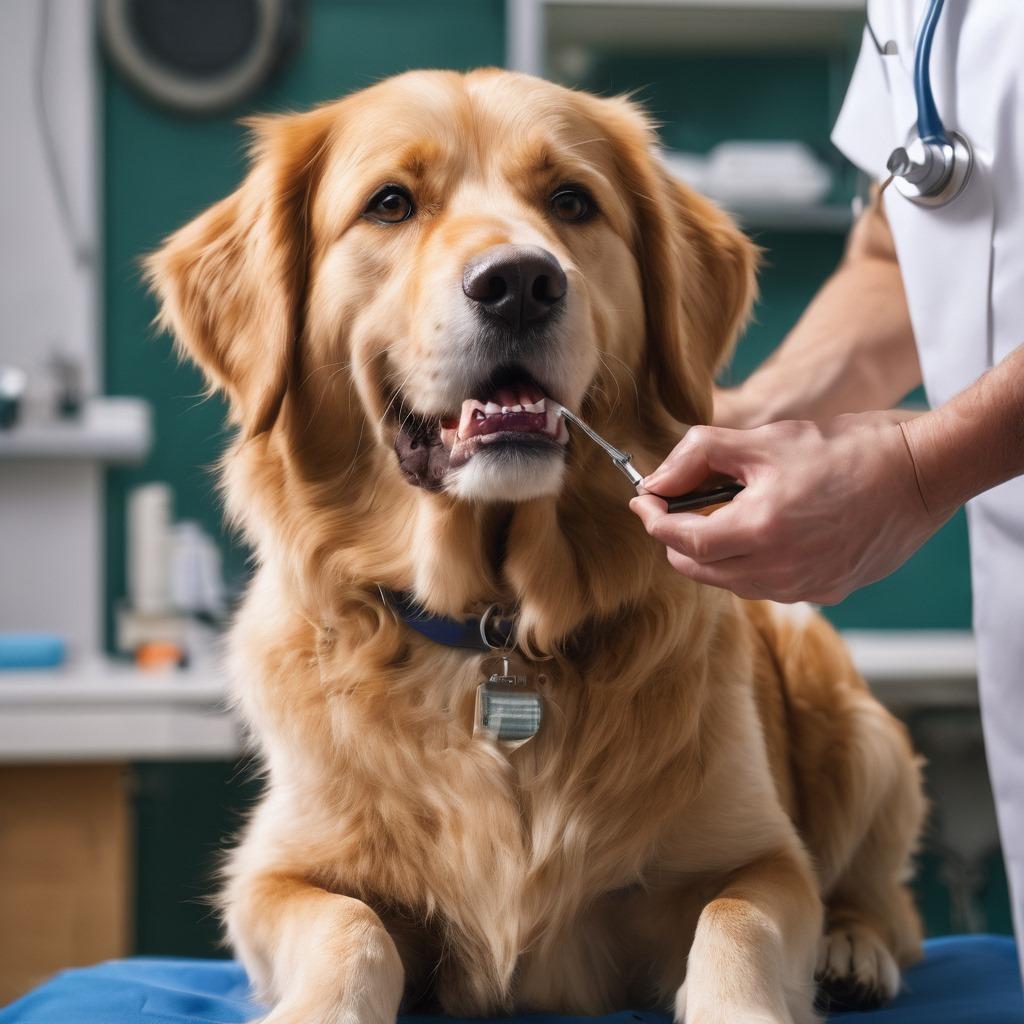
Pets, just like humans, require regular dental care to maintain good oral health. In this scientific article, we will explore the importance of regular dental care for pets and its impact on their overall well-being.
Dental Diseases in Pets:
Dental diseases are prevalent among pets, including dogs, cats, and other small animals. These conditions can lead to various health issues and discomfort for the animals. Dental diseases in pets include periodontal disease, gingivitis, tooth decay, and oral infections.
Impact on Overall Health:
Poor oral health can have severe consequences for a pet's overall health. Bacteria from dental infections can enter the bloodstream and spread to vital organs, leading to conditions such as heart, liver, and kidney diseases. Regular dental care helps prevent these complications and ensures optimal health for pets.
Prevention of Dental Diseases:
Regular dental care, including brushing your pet's teeth and regular professional dental cleanings, can significantly reduce the risk of dental diseases. Proper oral hygiene practices, such as using pet-specific toothpaste and brushes, can help remove plaque and tartar buildup, preventing periodontal diseases.
Early Detection of Dental Issues:
Regular dental check-ups by a veterinarian can help in the early detection of dental issues in pets. By examining the teeth and gums, the vet can identify any signs of dental diseases or conditions that may need immediate attention. Timely detection and intervention can prevent further complications and ensure appropriate treatment.
Nutrition and Dental Health:
Proper nutrition plays a crucial role in maintaining good oral health in pets. A balanced diet that includes dental-friendly foods and treats can help promote healthy teeth and gums. Some pet foods are specifically formulated to reduce tartar buildup and improve dental health.
Behavioral and Psychological Benefits:
Regular dental care routines can also have behavioral and psychological benefits for pets. The bonding experience created during brushing sessions can strengthen the human-animal relationship. Furthermore, pets with healthy teeth and gums are likely to feel more comfortable, enhancing their overall well-being.
Dental Care for Different Species:
Each species of pet may have specific dental care requirements. For example, cats may require different dental care practices than dogs due to their distinct dental anatomy. It is essential for pet owners to consult with a veterinarian to understand the appropriate dental care practices for their specific pet species.
British Animal Hospital offers your pet exptional dental care services in addition to regular check-ups. Dental care is crucial for pets to maintain good oral health and prevent potential health issues. Pet owners should establish proper dental care routines, seek regular veterinary check-ups, and ensure a balanced diet to promote their furry companions' overall well-being. By prioritizing dental care, pet owners can contribute to their pets' longevity and quality of life.
